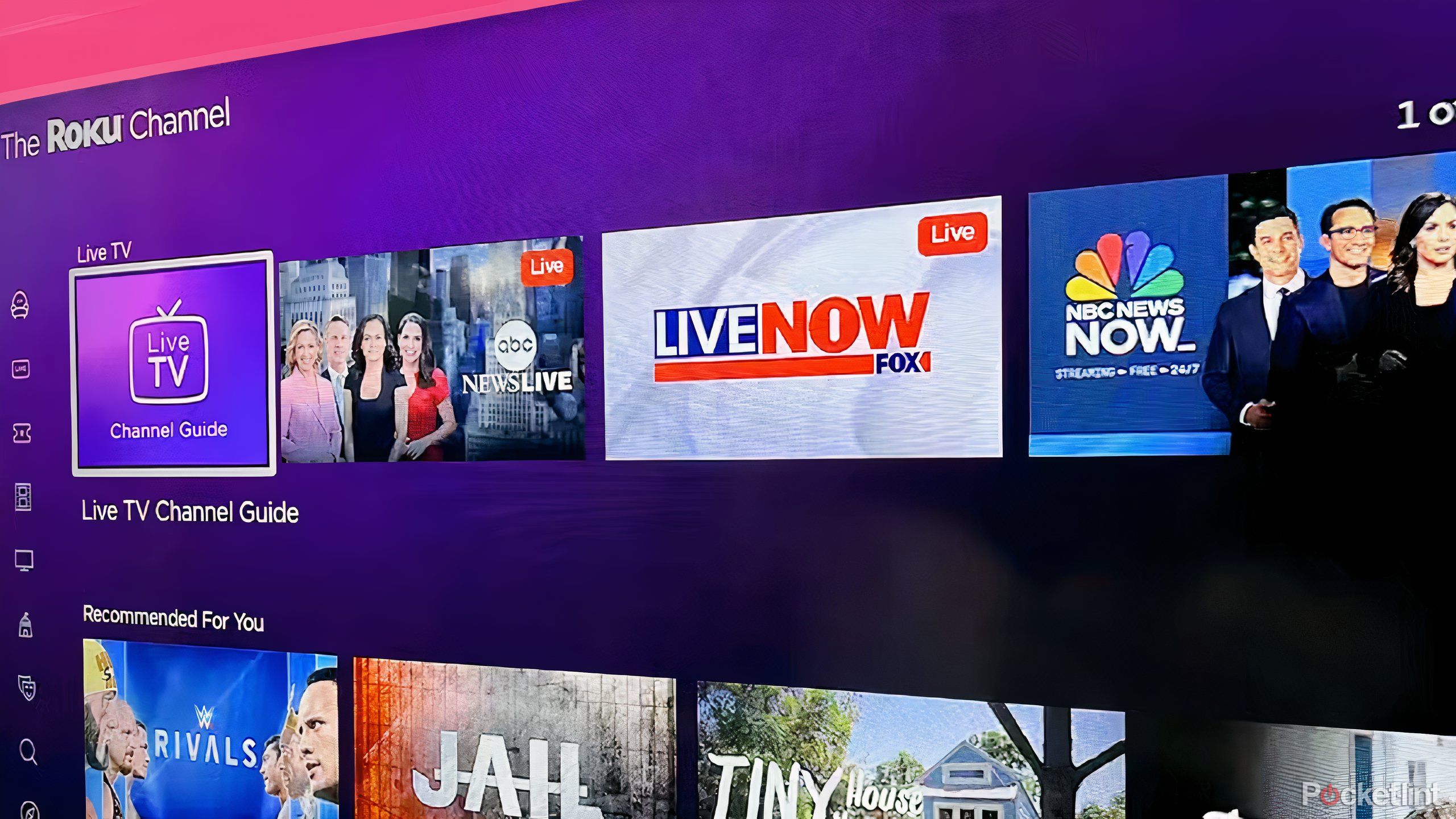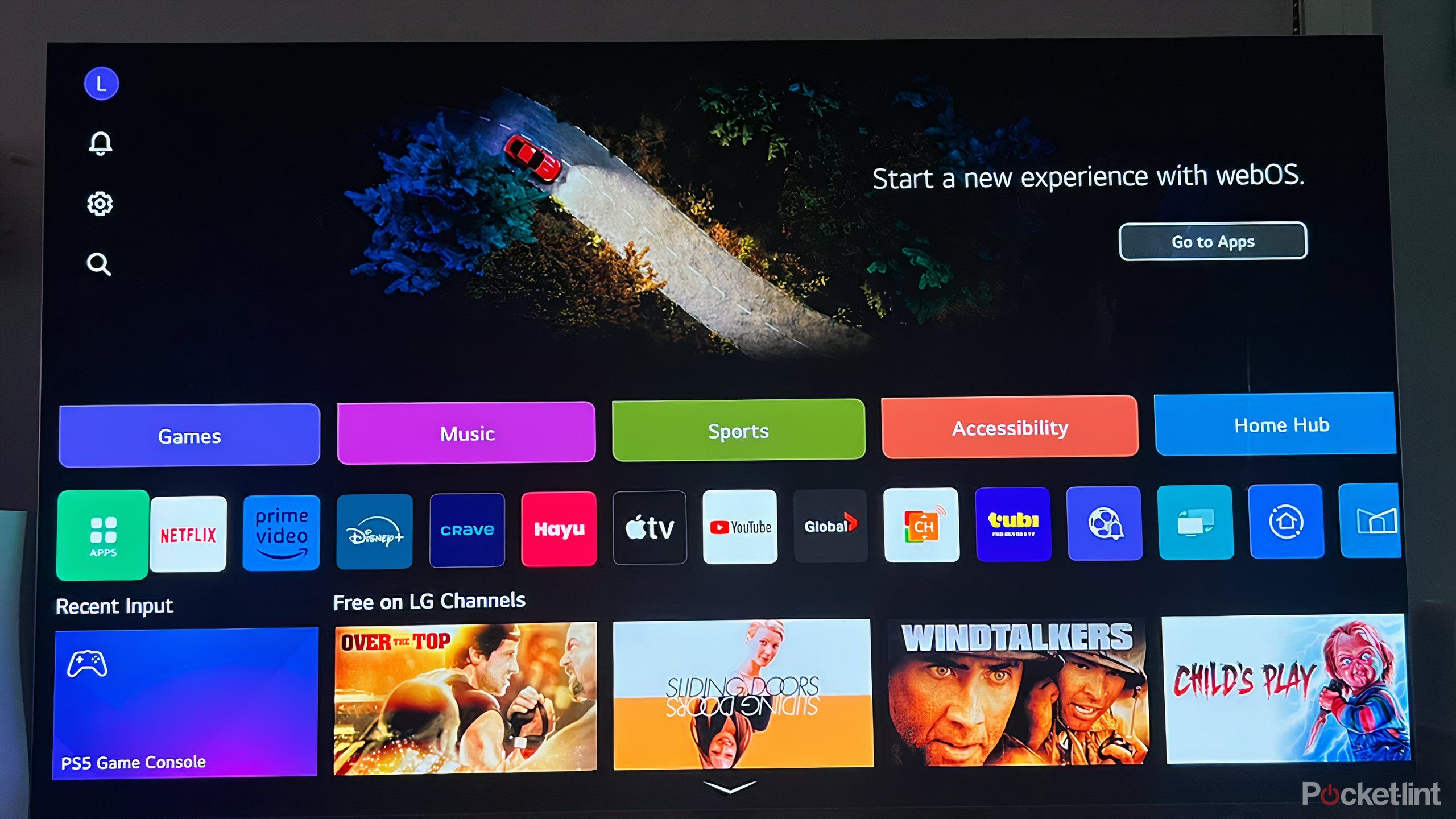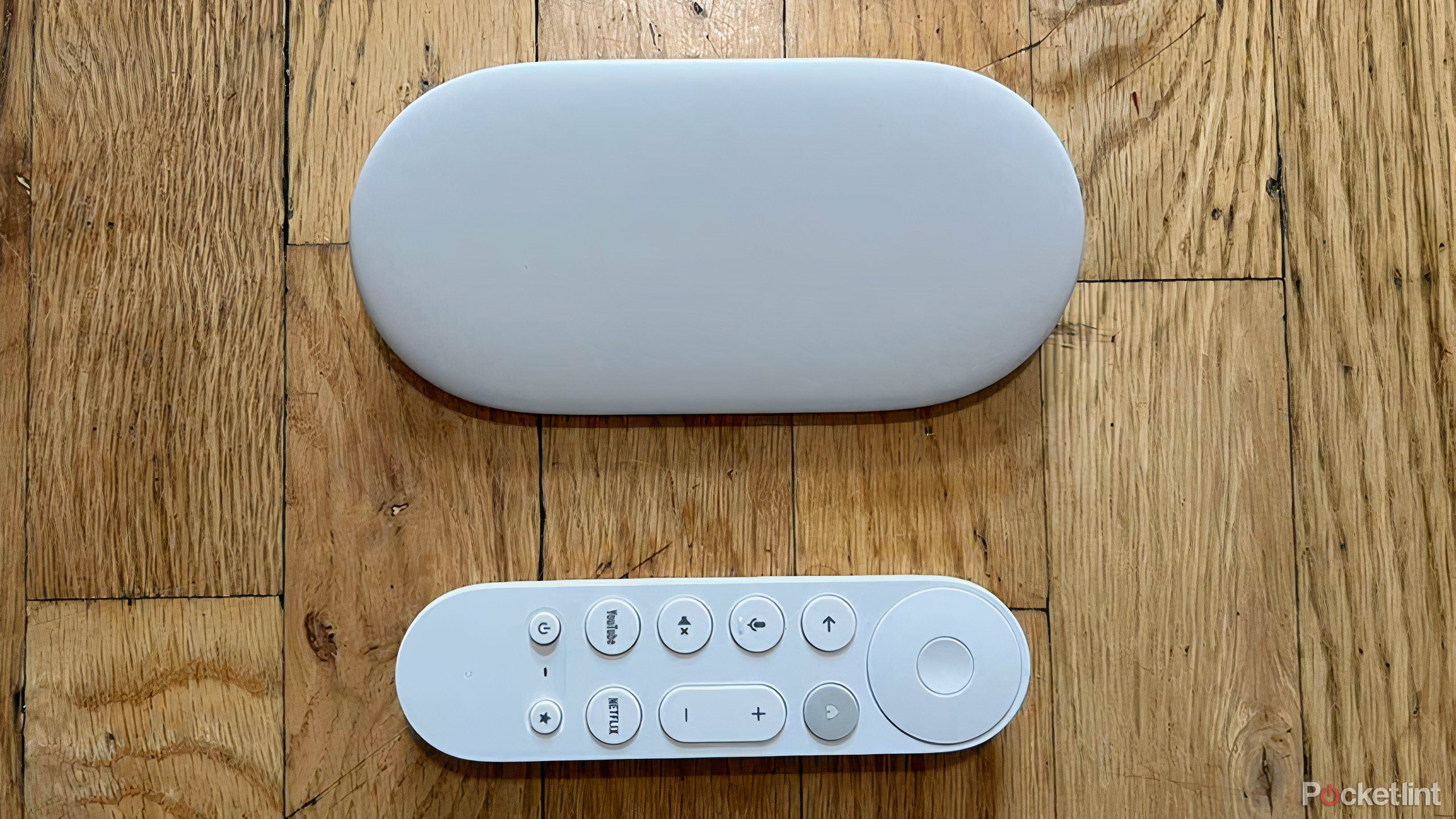Summary
- A smart TV and a streaming device grant you access to two different operating systems.
- Different OS allow for more apps, services, and HDR formats.
- As TVs are relatively inexpensive, there is value in investing in both.
The main selling point of a streaming device, whether it’s a simple stick that plugs into a USB port or more recent larger models, is that it will make a TV smart — or, at least, smarter. They’re helpful at improving older TVs that lack Wi-Fi, an operating system, or a modern interface that can keep up with the entertainment needs of modern audiences.
Streaming devices are useful for those who often travel as well as anyone who wants to keep a TV disconnected from the online world when not in use. Still, there’s more potential to unlock when you consider you don’t necessarily need a streaming device to upgrade or replace a TV. For the ultimate entertainment experience, consider how you can combine a streamer and a smart TV. Here’s how I do it.
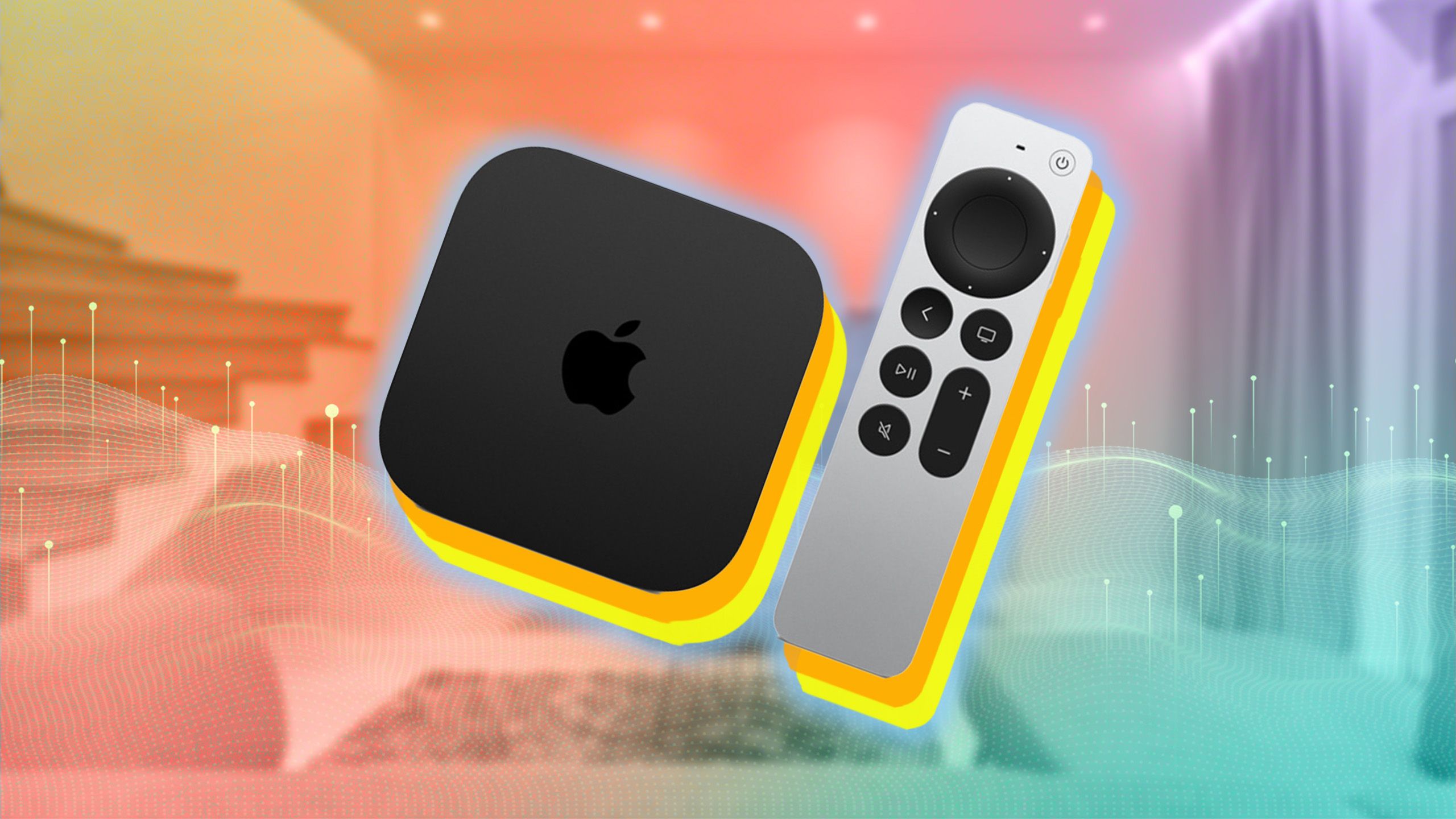
Related
I’ll never buy a Roku or Amazon streaming device, and it’s all because of Apple
Amidst all the other competition, the Apple TV 4K finally came out on top as my favorite streaming service — here’s why.
1 Toggle between two operating systems
Find what works best for you
The main draw of employing both a smart TV and a streaming device for your entertainment journey is that you have access to two different operating systems and can choose between them whenever you want. There are so many decisions that have to be made when it comes to buying a new TV, and one of them is considering the OS. Unlike a TV’s screen technology or processing power, fixing the OS is a relatively simple task if you don’t like it — you can just replace it with a streaming device.
Operating systems are increasingly important because, with so many apps and services, most people navigate to and from their home page. So, someone can choose an OS better suited to their personal needs and entertainment preferences. That also includes the remote: some are sleek and modern and efficient, and others, well, not so much. It might be a simple equation for some — LG’s latest OLED TVs are mighty impressive visually, but webOS (and its remote) are lacking. So, enjoy the screen but fix the OS by adding a streaming stick.
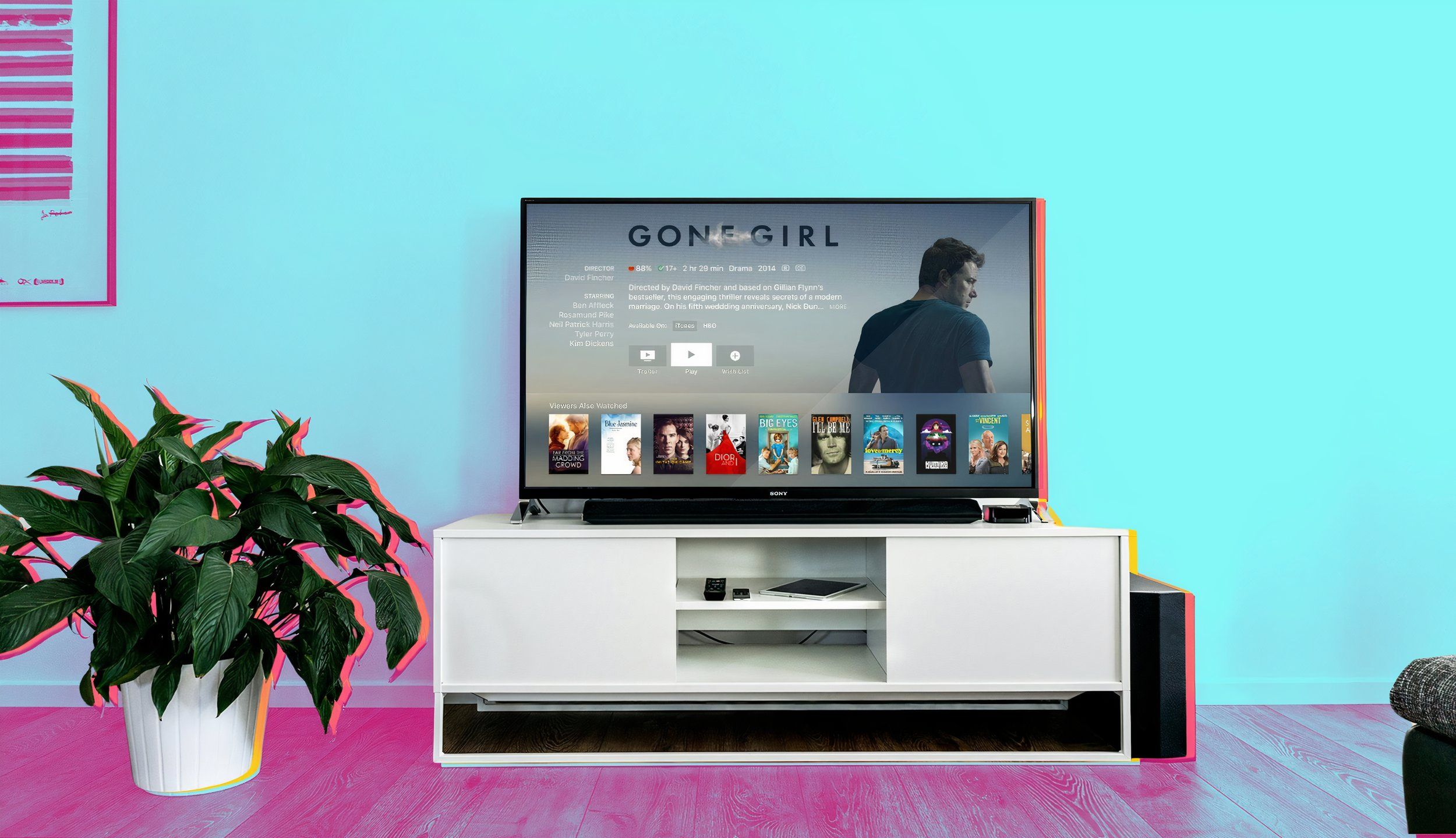
Related
7 smart TV operating systems, ranked worst to best
For a ‘smart’ platform, most TV operating systems are surprisingly dumb.
2 App availability and performance will vary
Not all apps are offered on every system
Another reason to consider both options is that not every app is available on every operating system. Due to a variety of factors, including costs, development difficulties, and platform restrictions, it means you’re not going to have access to every app on every OS.
It’s not going to be an issue for major services everyone seeks, such as Disney+, Netflix, or Amazon Prime Video; those will be widely available. This is going to come into play when you’re looking at more niche apps, but it’s still worth considering if you’re someone who likes services like Twitch or Crunchyroll, for example — you may not have access to them on every service. My Samsung TV doesn’t have an app for Hoopla, the free public-library connected streaming service, but Google TV Streamer does.

Related
8 Fire TV apps for streaming free movies and shows
Forget cutting the cord. It’s time to cut down your streaming bill. But with these free Fire TV streaming apps, you’ll have plenty to watch.
There’s a relatable issue as well, and that’s performance. Some smaller, more niche apps are simply going to perform better on certain platforms than others. Just because you can download and access a specific app on webOS or Tizen doesn’t mean it’s going to perform at its fullest capacity.
JustWatch can run on webOS and Tizen, but it will slow and crash often. On Google TV, it’s great.
In my experience, I’ve found Google TV (or Android TV for older users) works the best, which makes sense. Most apps are designed to work effectively within Google’s ecosystem. This is the case for JustWatch, a terrific organizational app that tracks new releases and arrivals; it can run on webOS and Tizen, but it will slow and crash often. On Google TV, it’s great.
3 Increase your audio and video format options
Access all your entertainment’s potential
Another reason it’s worth considering investing in both products is to increase your selection of high-end audio and video formats. HDR10+ and Dolby Vision are the two best options when it comes to enjoying visuals. These dynamic formats provide realistic, detailed images the way the filmmaker intended. However, not every smart TV offers both formats, and a lot of streaming content is either available in one or the other. With a streaming device paired with your TV, however, you can gain access to all the formats, including top audio options like Dolby Atmos.
If you’re subscribed to a lot of services, and you really enjoy watching new TV shows and movies, it makes sense to invest in products that allow you to experience all that content to its absolute fullest.
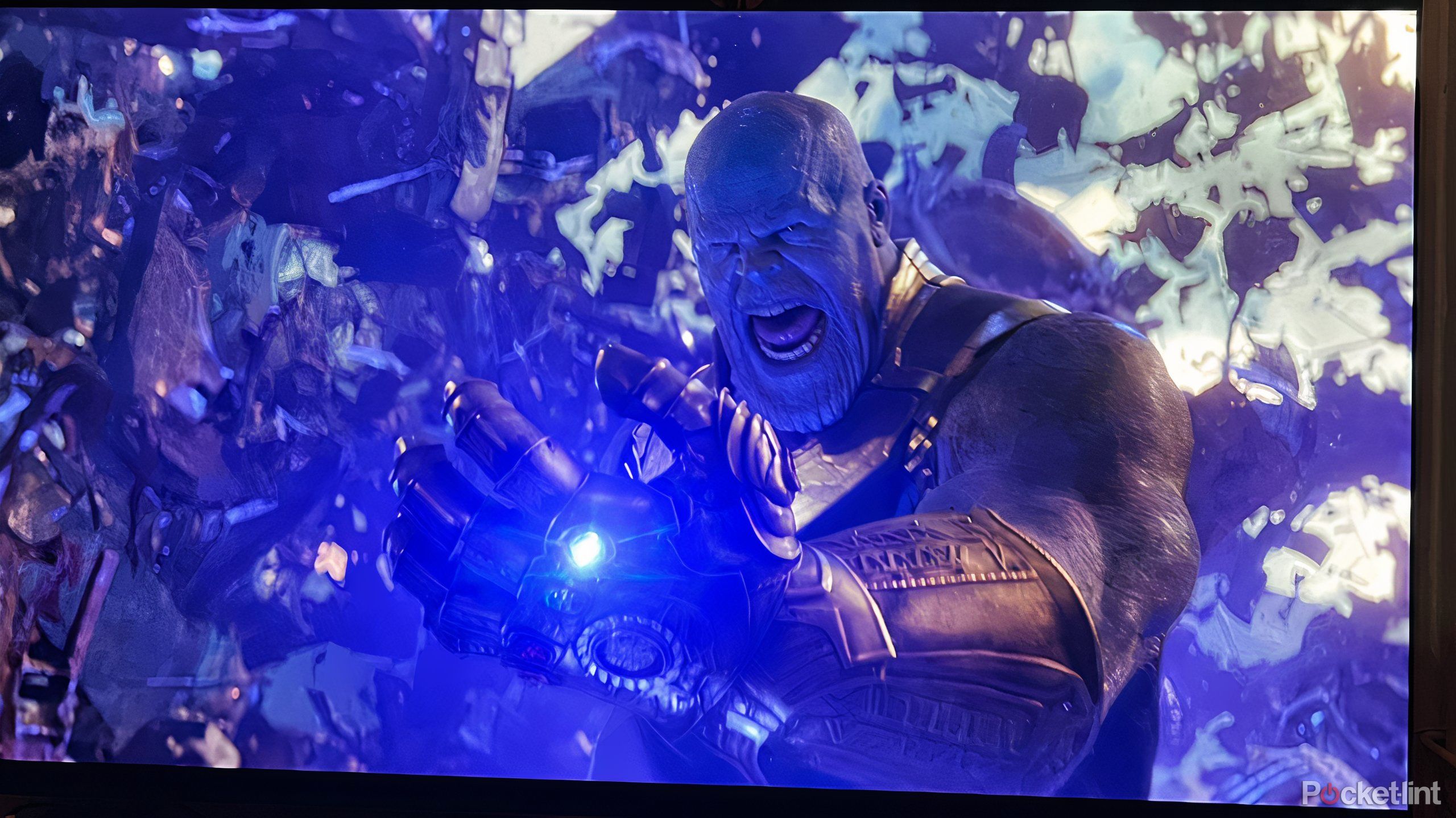
Related
The real difference between HDR, HDR10+, and Dolby Vision
High Dynamic Range improves your TV’s image quality, but competing formats make shopping around confusing.
With so much competition, there are plenty of quality smart TVs that won’t break a budget. And pairing it with a quality streamer (most can be had under $100), can provide a lot of value. From the ability to transport the device to affording yourself access to more apps, services, and formats, having a smart TV and a streaming device together makes for a formidable combination.
Trending Products

Cooler Master MasterBox Q300L Micro-ATX Tower with Magnetic Design Dust Filter, Transparent Acrylic Side Panel…

ASUS TUF Gaming GT301 ZAKU II Edition ATX mid-Tower Compact case with Tempered Glass Side Panel, Honeycomb Front Panel…

ASUS TUF Gaming GT501 Mid-Tower Computer Case for up to EATX Motherboards with USB 3.0 Front Panel Cases GT501/GRY/WITH…

be quiet! Pure Base 500DX Black, Mid Tower ATX case, ARGB, 3 pre-installed Pure Wings 2, BGW37, tempered glass window

ASUS ROG Strix Helios GX601 White Edition RGB Mid-Tower Computer Case for ATX/EATX Motherboards with tempered glass…


